Ear tubes
1. The patient may be somewhat irritable for a few hours after surgery. Acetaminophen or Ibuprofen may be given to ease the discomfort.
2. Depending on the condition of the ears at the time of surgery, antibiotic drops may be prescribed.
3. You may notice some discharge or even drops of blood from the ear for a few days. This is normal. If the drainage continues for or returns after 1 week, call the office during daytime hours.
4. The patient may eat or drink when you get home. It is suggested that you do not give milk or formula for 4 hours after the anesthetic as the child could become nauseated. Ask the anesthesiologist specifically about an accepted time frame.
5. Children may return to daycare/school and resume normal activities the following day.
6. The patient should not get excessive water in the ears as long as the tubes are in place. We do allow children to swim, although sometimes with restrictions. Recommendations regarding ear protection for swimming will be made at the time of surgery. Earplugs are not usually needed for baths or showers.
7. Should you develop any bloody, copious, or foul-smelling drainage from the ear with a tube in place, please notify the office during office hours. We may prescribe antibiotics at that time.
8. We leave the tubes in place until they spontaneously extrude (but typically not more than 2-3 years). This usually occurs in the first 6 to 12 months. When this happens, a small residual hole in the eardrum may occur uncommonly (3-10%). Although rare, this may need to be closed with a small patch or a procedure to graft the eardrum.

